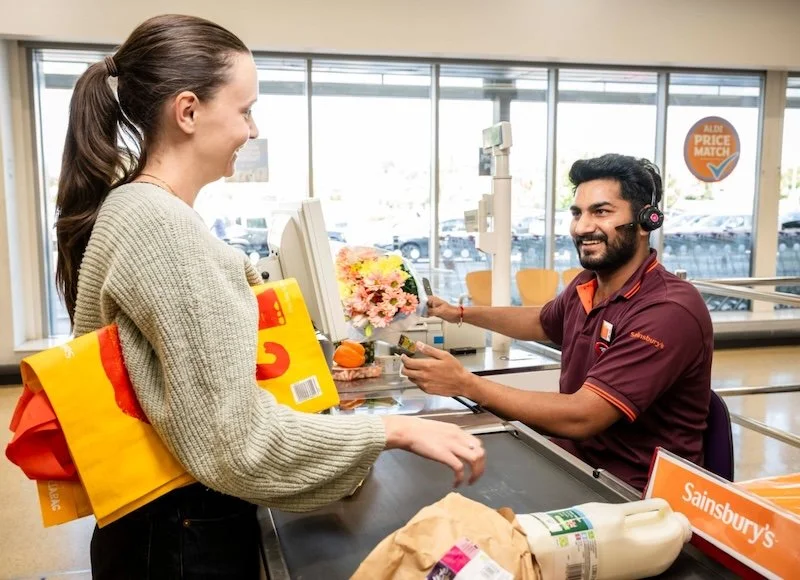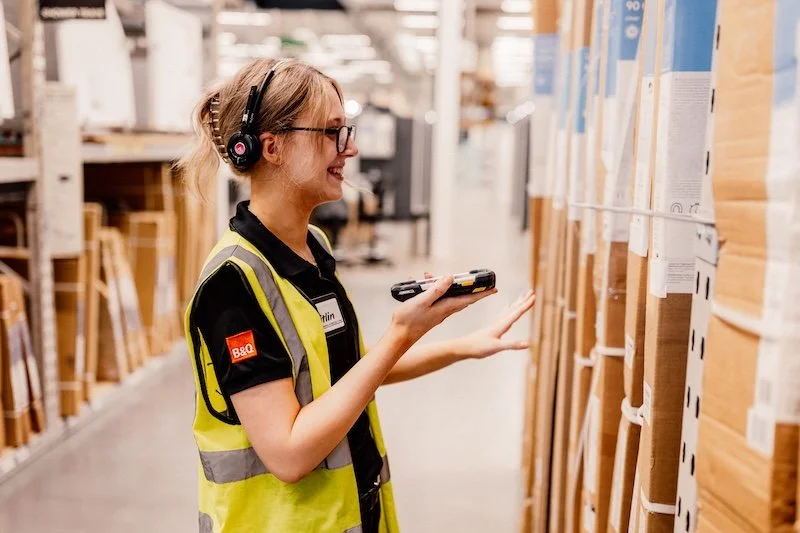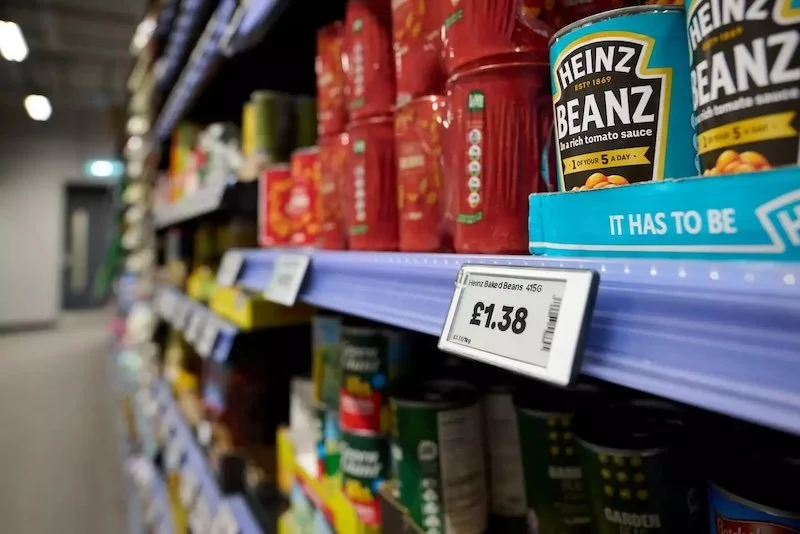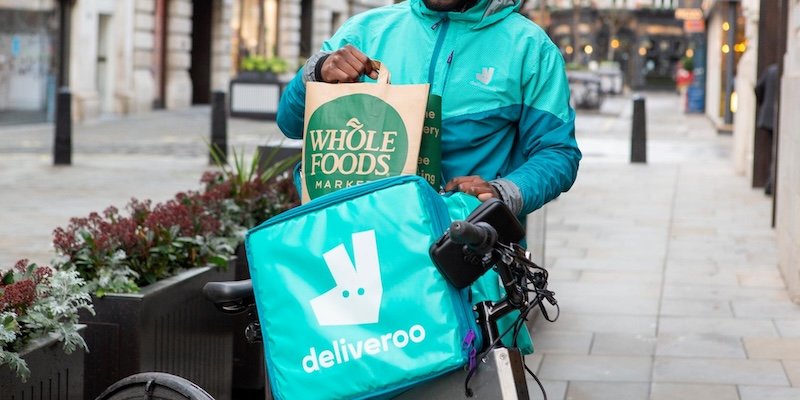Google and Apple Pay a major challenge as merchants see friendly fraud rise
40% of merchants have reported a rise in friendly fraud over the past 12 months, but the majority are struggling to challenge Google Pay and Apple Pay chargebacks successfully, according to research by Ravelin.
The company surveyed over 1,000 fraud and payments professionals working for online merchants in key global e-commerce markets.
It also found that only 5% of merchants have had the most success challenging chargebacks from Google Pay and Apple Pay, compared with 48% who have had the most success challenging credit cards.
Click here to join a Ravelin webinar in which industry leaders from CipSoft, Boohoo, Glovo and Flixbus share their perspective on the top threats facing merchants and fraud changes in 2020
This despite Google saying that its chargebacks are dealt with in the same way as credit cards. Placing these figures into context, merchants challenge on average 37% of chargebacks and are successful in 56% of cases.
The figures are particularly worrying as nearly a quarter of merchants say that Google and Apple Pay are a top payment method for fraudsters using stolen credit card details.
These chargebacks are occurring as a result of a rise in friendly fraud (also known as first-party fraud) where a customer makes a purchase with their credit card, and then requests a fraudulent chargeback from the bank instead of contacting the merchant for a refund.
But with the inherent biometric authentication methods of Google Pay, banks are siding more with customers rather than merchants when it comes to challenging payments.
Mairtin O’Riada, Co-founder and CIO at Ravelin, says: “Thanks to Covid-19 and contactless delivery for products, friendly fraud has been on the rise for the past few months.”
“And Google and Apple Pay’s biometric security features don’t stop friendly fraud. It’s costing merchants a huge wad of cash at a time when profit margins have become wafer thin.”
“The key to fighting this issue is to keep a closer eye on your own payment data. If you can track payment method types, the issuer country, loyalty scheme points and BIN ranges, you can begin to start to challenge chargebacks with more confidence and success.”
Ravelin’s research, however, finds that a third of merchants don’t actively track payment method type, half don’t track the payment issuer country or loyalty schemes, and around two thirds don’t track BIN ranges.










Continue reading…